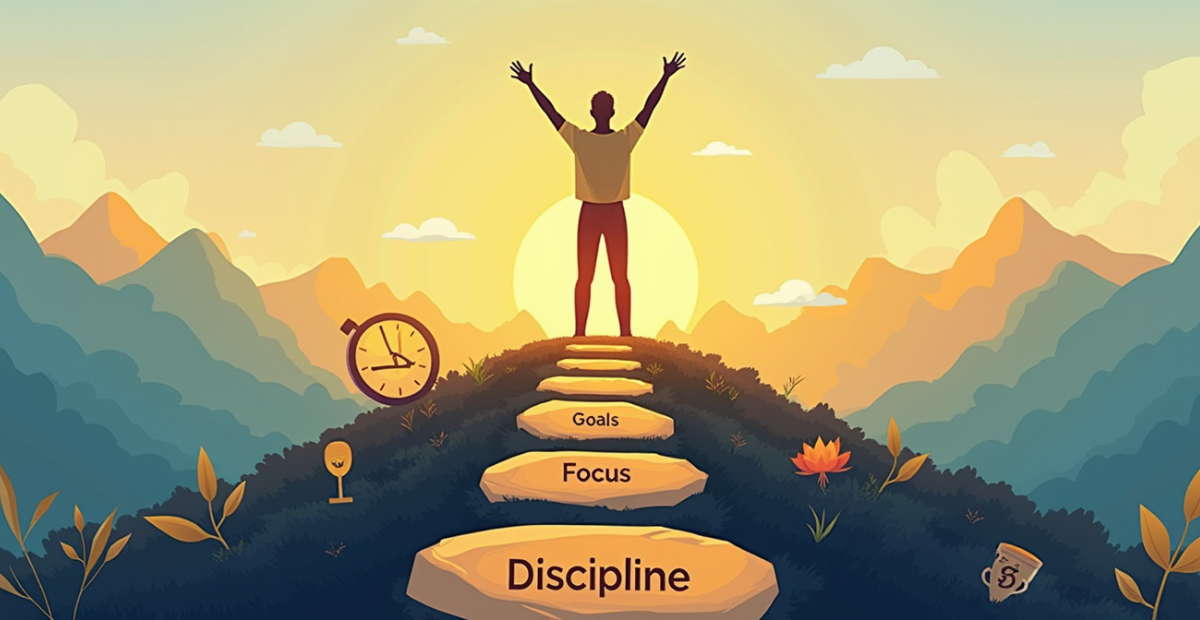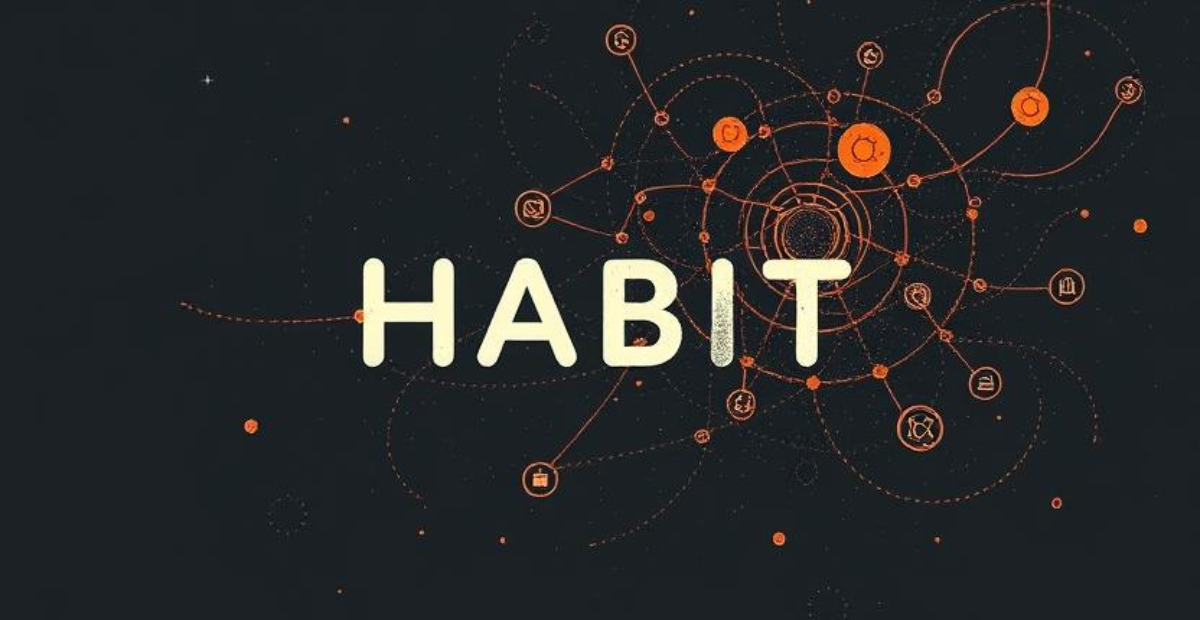10 Daily Habits to Crush Stress and Reclaim Your Inner Peace
Unlock Your Stress-Resilience Potential: Habits to Crush Stress
In today’s hyper-connected world, stress has become an uninvited companion for millions. But what if you could transform your daily routine into a powerful stress-fighting arsenal? This comprehensive guide reveals actionable strategies to help you systematically dismantle stress and build unshakeable mental resilience.
Table of Contents
Why Your Daily Habits Matter More Than You Think
Stress isn’t just an emotional state—it’s a physiological response that can dramatically impact your health, productivity, and overall quality of life. By strategically redesigning your daily habits, you can rewire your stress response and cultivate genuine emotional strength.
1. Morning Mindset Reset: Proactive Stress Management
Powerful Morning Rituals to Neutralize Stress Before It Starts
- Meditation Magic (5-10 Minutes): Start your day with mindfulness practices that recalibrate your nervous system
- Gratitude Journaling: Shift your mental landscape by documenting three things you’re genuinely grateful for
- Digital Detox Morning: Delay smartphone engagement for the first 30-60 minutes after waking
2. Movement: Your Natural Stress Elimination Mechanism
Exercise as a Cortisol-Crushing Strategy
- Consistent Physical Activity: Aim for 30 minutes of moderate exercise daily
- Stress-Specific Workouts: Incorporate yoga, tai chi, or walking to activate your body’s natural stress-reduction pathways
- Micro-Movement Breaks: Integrate short movement sessions throughout your workday
3. Nutrition: Fuel Your Stress Resilience
Strategic Dietary Interventions
- Anti-Inflammatory Food Choices: Prioritize omega-3 rich foods, leafy greens, and complex carbohydrates
- Hydration Optimization: Consume minimum 8 glasses of water daily
- Limit Stress Triggers: Reduce caffeine, alcohol, and processed sugar intake
4. Sleep Optimization: Your Regenerative Stress Shield
Scientific Approach to Quality Rest
- Consistent Sleep Schedule: Maintain a regular sleep-wake cycle
- Digital Sunset: Implement blue light reduction techniques 1-2 hours before bedtime
- Sleep Environment Engineering: Create a cool, dark, quiet sleeping space
5. Breathing Techniques: Immediate Stress Interruption
Neurological Stress-Regulation Protocols
- Box Breathing Method: 4-second inhale, 4-second hold, 4-second exhale, 4-second pause
- Diaphragmatic Breathing: Practice deep, belly-centered breathing
- Stress Trigger Recognition: Learn to identify and immediately neutralize stress responses
6. Time Management: Structured Productivity Reduction
Stress Mitigation Through Strategic Planning
- Prioritization Matrix: Use Eisenhower method for task management
- Pomodoro Technique: 25-minute focused work intervals with 5-minute breaks
- Realistic Goal Setting: Break large projects into manageable micro-tasks
7. Social Connection: Relationship-Based Stress Relief
Intentional Relationship Management
- Quality Social Interactions: Prioritize meaningful connections
- Boundaries Establishment: Learn to say no without guilt
- Support Network Cultivation: Develop relationships with emotionally supportive individuals
8. Mindfulness Integration: Moment-to-Moment Stress Neutralization
Continuous Awareness Practices
- Micro-Meditation Sessions: 2-3 minute mindfulness breaks throughout the day
- Body Scan Techniques: Regular self-check-ins to release physical tension
- Present Moment Awareness: Cultivate non-judgmental observation of thoughts and feelings
9. Nature Engagement: Biological Stress Reset
Reconnection with Natural Environments
- Daily Nature Exposure: Minimum 20 minutes outdoor time
- Green Space Interactions: Parks, gardens, or natural settings
- Sensory Immersion: Engage multiple senses during nature experiences
10. Evening Wind-Down: Stress Decompression Protocol
Strategic Evening Restoration
- Reflection Journaling: Process daily experiences
- Gentle Movement: Light stretching or restorative yoga
- Technology Boundary Setting: Implement digital sunset practices
Frequently Asked Questions About Stress Management
Q: How quickly can I see results from these habits?
A: Most individuals report noticeable stress reduction within 2-4 weeks of consistent implementation.
Q: Can these strategies work if I have a high-stress job?
A: Absolutely. These techniques are designed to be flexible and adaptable to various lifestyle demands.
Your Stress-Resilience Transformation Starts Now
Stress management isn’t about elimination—it’s about strategic adaptation. By integrating these ten powerful daily habits, you’re not just surviving; you’re systematically building a resilient, balanced life.
Disclaimer: While these strategies are research-supported, individual experiences may vary. Consult healthcare professionals for personalized guidance.
Any other feedback or suggestions?
There are no reviews yet. Be the first one to write one.







